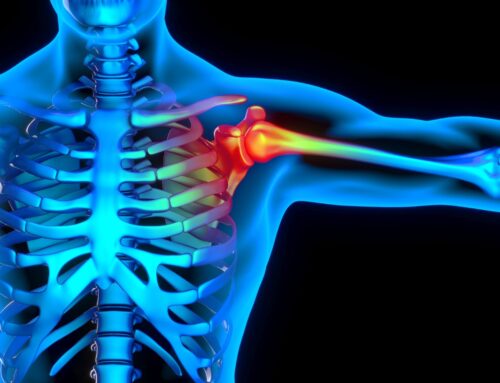While piriformis syndrome might sound like a complex medical term, it’s actually a condition that can affect anyone, causing considerable pain and discomfort. If you’ve been experiencing mysterious pain in your buttocks, lower back, and legs, you might be suffering from this syndrome.
In this article, we’ll explore the signs of piriformis syndrome, what causes it, and most importantly, how chiropractic care can provide much-needed relief.
What is Piriformis Syndrome?
Before diving into the signs of piriformis syndrome, it’s essential to understand what this condition is. The piriformis is a small, pear-shaped muscle located deep in your buttocks, running from your sacrum to your hip joint.
Piriformis syndrome occurs when this muscle tightens or spasms, causing it to compress the sciatic nerve, which runs right beneath it. The compression of the sciatic nerve can lead to a range of painful symptoms. Common signs of piriformis syndrome include:
Buttock Pain
One of the hallmark signs of piriformis syndrome is persistent, deep buttock pain. This discomfort often extends down the back of the thigh and can be quite intense. This pain is typically one-sided and may worsen when sitting for prolonged periods or during activities like climbing stairs or walking.
Leg Pain and Numbness
The compression of the sciatic nerve can lead to radiating pain and numbness along the back of the leg, especially in the thigh and calf. These sensations can be sharp and debilitating, making it difficult to perform even the most basic daily tasks.
Pain During Sitting
If you notice that your pain worsens while sitting, you might be dealing with piriformis syndrome. This is because when you’re seated, the piriformis muscle is in a shortened position, which can increase the pressure on the sciatic nerve.
Difficulty Walking
The leg pain and numbness caused by piriformis syndrome can make walking a painful experience. Some individuals may even experience muscle weakness, making it challenging to maintain their usual level of mobility.
Lower Back Pain
Since the piriformis muscle is closely connected to the lower back, it’s common for individuals with this condition to experience lower back pain as well. This pain can be dull and aching, often radiating down into the buttocks and leg.
Causes of Piriformis Syndrome
Understanding the causes of piriformis syndrome is essential for effective treatment. Some common factors contributing to this condition include:
- Muscle Tightness: The piriformis muscle can become tight due to overuse, prolonged sitting, or inadequate stretching.
- Trauma or Injury: A fall, accident, or direct blow to the buttocks can lead to muscle spasms and the onset of piriformis syndrome.
- Anatomical Variations: In some cases, individuals may have anatomical variations that predispose them to this condition.
- Improper Foot Mechanics: Foot abnormalities or the use of improper footwear can also affect the alignment of the hips and contribute to piriformis syndrome.
Navigating Piriformis Syndrome with Chiropractic Care
If you’re experiencing the signs of piriformis syndrome, you might be wondering how to find relief. Chiropractic care is an excellent option to consider, as it offers a non-invasive and drug-free approach to treating this condition.
Chiropractors are experts in the musculoskeletal system, and they can perform a thorough examination to diagnose and determine the underlying causes of your pain. They employ various techniques to alleviate piriformis syndrome, such as:
Chiropractic Adjustments
Chiropractors use precise spinal adjustments to correct misalignments and reduce pressure on the sciatic nerve. These adjustments can help improve overall spinal function, leading to pain relief.
Stretching and Rehabilitation
Chiropractors can provide specific exercises and stretches to help relax the piriformis muscle, enhancing its flexibility and reducing the pressure on the sciatic nerve.
Posture and Lifestyle Guidance
Chiropractors also offer advice on maintaining proper posture and lifestyle modifications that can prevent the recurrence of piriformis syndrome.
Explore Chiropractic Care for Piriformis Syndrome
At Last Chiropractic in Lithia, FL, our experienced team specializes in diagnosing and treating piriformis syndrome. We focus on addressing the root causes of your pain. If you’re suffering from piriformis syndrome, take the first step towards relief – contact us today to schedule an appointment and start your journey towards a pain-free life.






